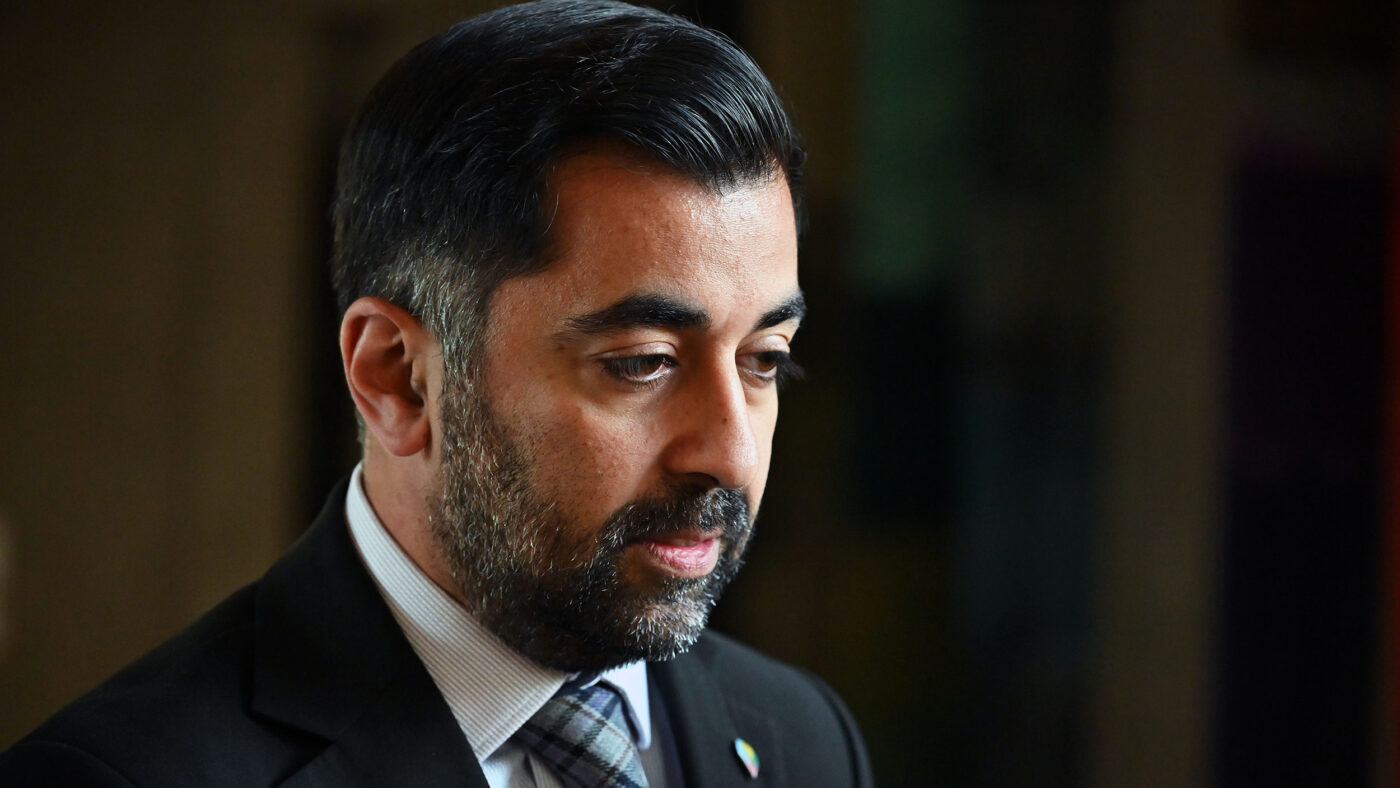When Canadian air force officer Captain Hamish Blair was stationed at Scapa Flow during the Second World War, he wrote a poem entitled The Bloody Orkneys.
This bloody town’s a bloody cuss –
No bloody trains, no bloody bus,
And no-one cares for bloody us –
In bloody Orkney
After nearly a dozen verses, he concludes/
Best bloody place is bloody bed,
With bloody ice on bloody head.
You might as well be bloody dead,
In bloody Orkney.
Disaffection has long been a part of the Orcadian character, but it has recently found renewed expression – with the announcement that is considering seceding from the UK and becoming part of Norway.
Orkney Islands Council’s decision to vote on possible ‘alternative forms of governance’ is an extremely important constitutional development, while also being nothing new at a human level. The desire to explore the possibility of either transferring the islands’ allegiance to Norway, or of redefining their status within the United Kingdom to something like a Crown Dependency, is new. But the desire to get out of Edinburgh’s orbit is not.
Scotland has been saddled with the Scottish Nationalist Party, whose legacy is slowly corroding the ties of unity and the habits of tolerance that used to exist among Scots in all areas. Now the northern isles, due to their significant differences from the rest of the country, are leading the charge against this social destruction. They refuse to accept without complaint the imposition of the chronically centralising agenda which the SNP denies but applies.
Since the SNP decided that it ought to have the right to break up the United Kingdom, the disease has been catching. But is the Yousaf administration acting on principle or opportunistically? In other words, if Scotland has the right to destroy the United Kingdom, surely the northern isles should have an equivalent right to destroy Scotland?
I explore this point in some detail in my most recent book, Nicola Sturgeon – The Years of Ascent. It applies much more widely than to the northern isles. What about the Borders, for a start, or the Hebrides? If the SNP belief is based on democratic principle, then referendums must be offered to all areas of Scotland. If, on the other hand, it is purely cynical and opportunistic, then the question arises of how the SNP will put down rebellions in the name of its own principle of ‘self-determination’?
Will Edinburgh send the Scottish Army up to Kirkwall and Lerwick to enforce submission?
The northern isles would be more viable as a micro-state than rump Scotland. The people are hardy, self-reliant and practical. More importantly, they have most of Scotland’s fish and much of its oil within what would be their Exclusive Economic Zone. Scotland without either English subventions or the resources of these islands would struggle economically.
Here in Kintyre I know many who would happily transfer their allegiance and resources to another power if it meant never having to listen to Humza Yousaf again. Personally, I support ‘Hexit’, a campaign to remove the Hebrides from Edinburgh’s sphere of interest and intervention. The isles of the west were subjugated by the Scottish Crown only in the late fifteenth century, at about the same time as Norwegian rule in Orkney came to an end when it fell to King James III. In our case here, the previously controlling ‘sovereign’ was the Lordship of the Isles. That was a half-Viking, half Celtic political entity which ruled this area with artistic grace and military élan for many centuries. Fortunately for me, the Lordship also included Kintyre as well as parts of seaward Argyll and Inverness-shire.
If the northern isles succeed in their campaign, I hope we will be the next to follow. The ultimate reason is the dark legacy of the centralisers in British politics, from Tony Blair to Humza Yousaf. There is something almost Soviet in their adulation of bureaucracy and the power of the state—which provokes an ominous observation. ‘Krai’ is Russian for edge, as in border, and ‘Ukraine’ means borderland, or periphery. Slava Orcadia!
Click here to subscribe to our daily briefing – the best pieces from CapX and across the web.
CapX depends on the generosity of its readers. If you value what we do, please consider making a donation.


